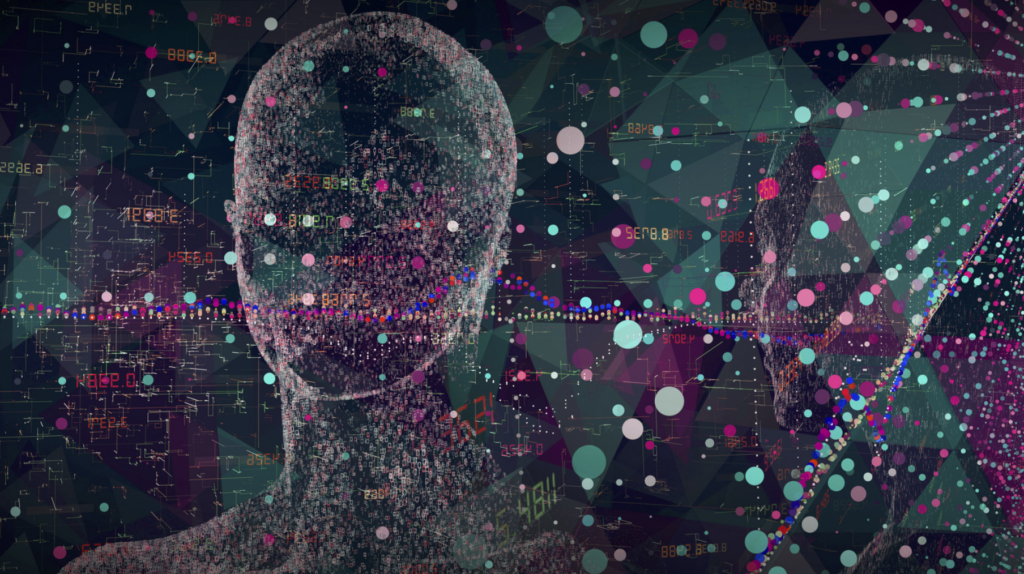The virtual world has come a long way since Second Life and WoW. With the invention of blockchain, we can create fully-functional digital economies that are decentralized and trustless. In other words: no middlemen, just people exchanging goods in an open marketplace with their peers. An economy is essentially any system that facilitates the exchange of goods or services using digital currency as a medium of exchange. Because they are essentially virtual economies, they are often called “virtual currencies” or “e-currencies” – but these systems have vast growth potential regardless of what you call them. Over 1,500 digital tokens are currently being used as a form of currency in some economies.
Digital Currencies and Their Economy Usage
Let’s start with the basics: What is a digital currency, and what can it be used for in an economy? That’s an excellent question. The term “digital currency” is misleading, as the systems in question do not have a monetary value. Instead, they are a medium of exchange – a system through which goods and services can be exchanged between parties. Digital currencies can only be used in systems that have been programmed to use them as a form of payment. E-currencies are often programmed to be used for specific tasks – for example, an e-commerce website that uses an e-currency for purchases will use the e-currency’s code to track purchases and facilitate refunds. E-currencies are not just used in the realm of digital goods. They can also be used to facilitate real-world transactions between parties.
Freedom of Contracting
One of the biggest problems facing e-commerce today is trust. How do you know that the person you’re purchasing from will deliver the product? How do you ensure that the person selling to you isn’t ripping you off? One solution to this problem is for the parties to enter into a contract. However, this can be pretty costly, and not all places have the same laws – meaning that it may be hard to enforce the agreement in certain countries. In a decentralized blockchain e-commerce system, the contract is encoded in the blockchain and can’t be altered or manipulated in any way. That means that both parties are held to the agreement and can’t change their terms.
Escrow Services
An escrow service acts as a third-party mediator that holds the funds until both parties are satisfied with the goods or services. For example, let’s consider an e-commerce system where the seller ships goods directly to the buyer. The goods are sent to the buyer, but the seller cannot receive payment until the buyer confirms that the goods were received. This creates a problem because the buyer can falsely report that the goods were not received, and the seller can’t receive payment.
Virtual Goods
In today’s economy, the value of goods is determined by the cost of production and the seller. However, goods are often given away for free in a virtual economy because it’s hard to assign a monetary value to them. That changes with the advent of blockchain. Blockchain allows creators to set an arbitrary value to their goods. That means that you can create a virtual interest and give a monetary value to it – and that value will be immutable. You can also create a limited number of copies of your virtual goods – meaning that they are scarce, which increases their value.
Conclusion
The virtual world in the future and will only continue to grow in popularity. That’s why it’s essential to understand the potential of blockchain for virtual economy systems. By leveraging the benefits of blockchain technology, virtual economy systems can create fully-functional decentralized marketplaces that are secure, cost-effective, and easy to use.
